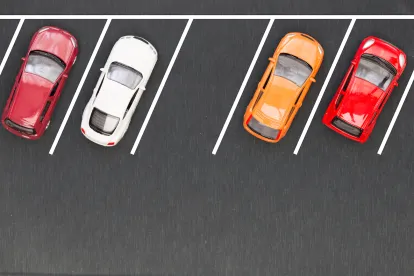Christmas came early for the nonprofit community when Congress repealed the hugely unpopular tax on parking and other transportation employee benefits.
The 2017 Tax Cuts and Jobs Act added a provision to the Internal Revenue Code that had no friends in the charitable sector: section 512(a)(7) made transportation fringe benefits including parking and public transit benefits, provided by nonprofit employers, subject to the unrelated business income tax (UBIT). Not only did this provision defy logic by taxing expenses rather than income, it forced the filing of an income tax return (Form 990-T) upon thousands of nonprofits that before 2018 had only filed a Form 990 informational return, but not a 990-T, not to mention countless churches that don’t even need to file the Form 990.
It was probably the inclusion of churches in the new tax regime that triggered an effective lobbying effort to repeal the tax, begun shortly after its enactment and which frequently referred to it as the “Church Parking Tax”. It was only a matter of time before legislators — who in 2017 looked in every nook and cranny, including the nonprofit sector, to pay for corporate tax cuts – buckled under that onslaught of advocacy.
The Taxpayer Certainty and Disaster Tax Relief Act, signed by the President on December 20 as part of the government funding bill, repeals section 512(a)(7) from its original effective date, which means that organizations that paid tax on transportation fringe benefits paid or incurred after December 31, 2017 will be able to claim a refund. They will not, however, be compensated for the wrinkles and gray hair resulting over the last two years from a surprisingly convoluted compliance regime.




 />i
/>i

